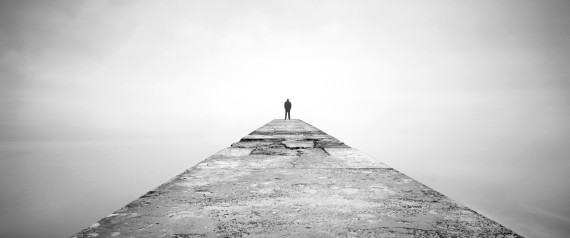Grief and loss |
Grief is a multifaceted and natural response to loss. Loss can be of someone or something. We experience loss when someone we love or feel close to dies, goes missing, or leaves. But we can also experience loss when a pet dies, or when we lose something of value to us. Retirement, job/career loss, infertility, children leaving home, divorce or relationship endings, end of friendships, and loss of independence or health can all trigger a profound experience of loss. Grieving is what we do when we experience a loss. We primarily think of it as an emotional response, however it has a physical, cognitive, behavioural, social and philosophical dimension. It may cause us to question deeply-held beliefs about ourselves, others, meaning, and spirituality.
If you want a succinct overview article, have a look at this LINK. |
What does grief look like? |
Grief doesn't have a set pattern and there is not one right way to do it. It will be impacted by our personality, gender, culture, spiritual beliefs and traditions, support, and also aspects of the kind of loss. Many emotions may surface during grief from the obvious sadness through to guilt, shame, relief, loneliness, anger and rage, disbelief, numbness, and shock. Grief and loss can also be impacted by trauma, both current and past. Sometimes a current loss will bring to the surface past losses. Each loss we experience can be different. Some are gentle, while others are earth shattering leaving us forever different.
Some people talk about stages of grief. It is best not to think of these as rigid and sequential. They are more things you may encounter along the way, and not in a predetermined order and we can go back and forth. Feel some acceptance and then suddenly find yourself back in anger or disbelief. If you would like to know more about some stages you may pass through or spend time in here is a useful LINK. As well as coping with our own grief we may also have to cope with other peoples reactions and sometimes discomfort around difficult to discuss issues like death, suicide, loneliness, heartbreak. |
Counselling for grief and loss |
Grief is NOT a disease. It is natural process and is what happens when we lose someone or something of great value to us. It is the price we pay for love. Counselling gives you the place to share your grief in all its many guises. There is no one right way to go through it. Counselling can help you to traverse the difficult terrain and in some cases give you some things to try that can ease the way. What it won't do is make the grief go away. It can help you to find a place for all that is happening to you and around you.
In some cases grief can become prolonged and people may find they are stuck in the grief, or it starts to turn into something more difficult like deep depression or heightened anxiety. Despite what you might read or hear there is no set timeframe or way to grieve. Some losses we recover from, others leave their mark on us forever. There is no need to "move on" or "put behind you" significant losses. Rather, you change and they become part of you in various ways. Counselling can be helpful to identify what is happening and how to move through it. |
